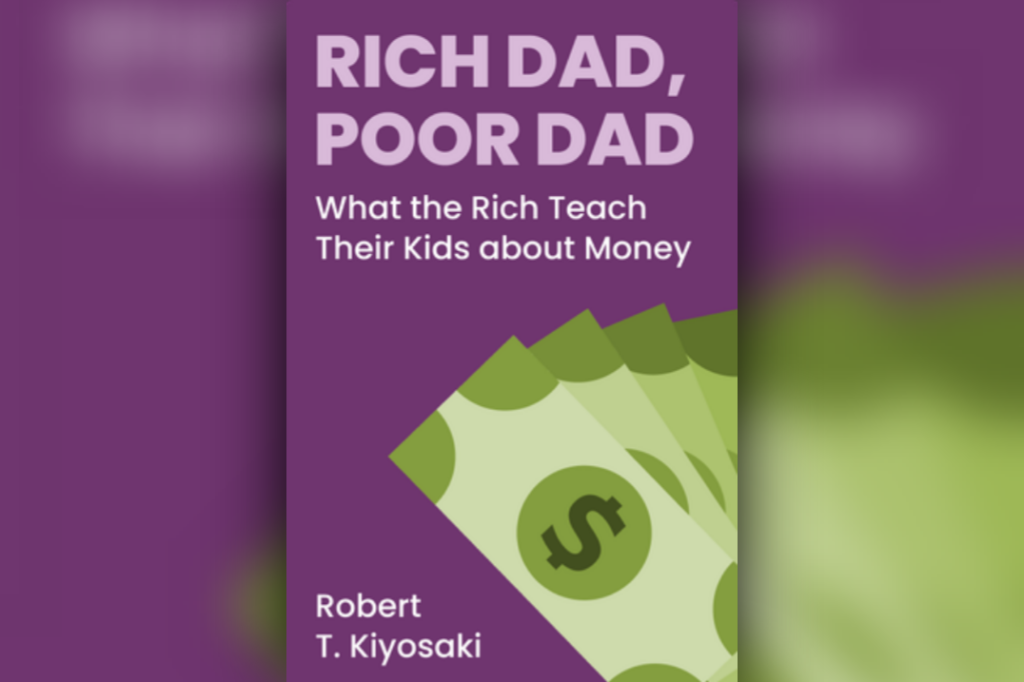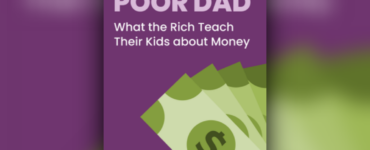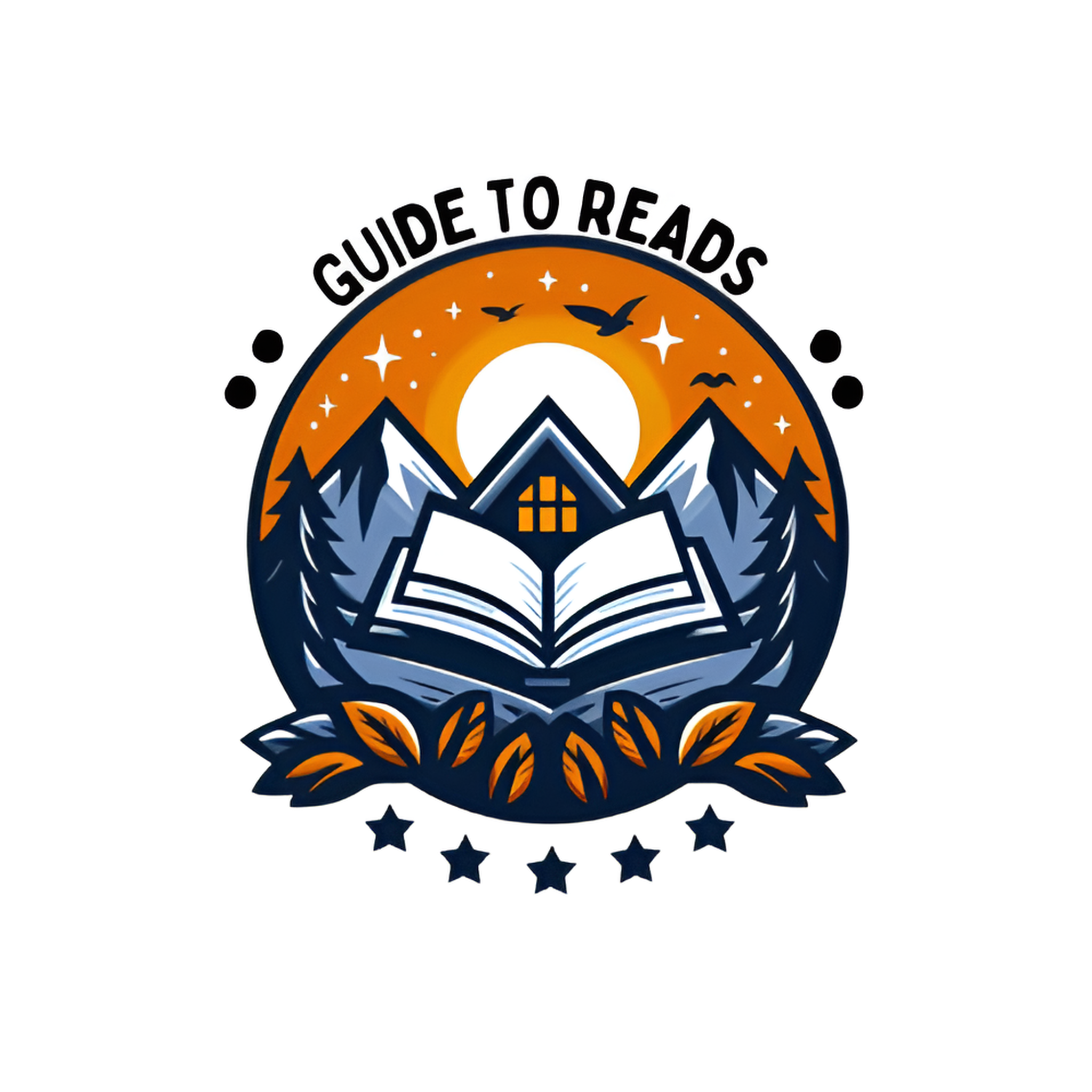In the ever-expanding world of self-help and finance, books that promise to unlock the secrets of wealth and success dominate bestseller lists. From timeless classics like Think and Grow Rich to modern sensations like Rich Dad Poor Dad, these « rich books » inspire millions. But do these books deliver actionable advice, or are they more about creating profits for their authors?
In this article, we’ll explore whether « rich books » are genuine guides to financial freedom or just another profitable business model. We’ll analyze their effectiveness, common themes, and the reasons behind their enduring appeal, helping you decide if they’re worth your time—or money.
What Are « Rich Books »?
Rich books are a subset of self-help literature focusing on personal finance, business strategies, and mindset shifts to achieve wealth. They often claim to offer a blueprint for success, using personal anecdotes, motivational stories, and simplified financial principles. These books are marketed as transformative tools, but their quality and applicability can vary widely.
Examples of Famous Rich Books
Think and Grow Rich by Napoleon Hill is a classic that has inspired generations with its principles of visualization, goal-setting, and positive thinking. Rich Dad Poor Dad by Robert Kiyosaki presents a contrasting view of financial education, emphasizing the importance of financial literacy and entrepreneurship. The Millionaire Next Door by Thomas J. Stanley provides a fascinating insight into the habits and lifestyles of ordinary people who have achieved extraordinary wealth. You Are a Badass at Making Money by Jen Sincero is a more modern take, blending personal development with practical financial advice.

While these books have gained immense popularity, it’s important to approach them with a critical eye. The advice they offer may not be universally applicable, and some may even promote questionable financial practices. It’s crucial to assess the credibility of the authors and the soundness of their strategies before investing time and money in these books.
- Achieve Financial Freedom: Navigating the 4 Stages of Wealth
- 10 Rules for Achieving Financial Success
- Book review : « Money » by Rob Moore
- Best Personal Finance Books to Read in 2023
The Allure of Rich Books: Why Do They Sell So Well?
The popularity of rich books lies in their promise of empowerment and transformation. These books cater to readers’ dreams of escaping financial struggles and provide a sense of hope and aspiration. Their appeal lies in the simple formulas for success they claim to offer, distilling complex financial concepts into easy-to-follow steps. Additionally, the influence of real-life success stories, such as those featured in Rich Dad Poor Dad, convinces readers that the path to wealth is within their reach.
This blend of relatability and aspiration makes rich books irresistible to readers, creating a multi-billion-dollar industry. The authors of these books have tapped into a deep-seated human desire for financial freedom and security, offering a tantalizing glimpse of a prosperous future. However, the question remains whether these books truly deliver on their promises or if they are merely a profitable business model.
Do Rich Books Deliver Reality?
A. Actionable Advice or General Principles?
When it comes to the content of rich books, there is a spectrum of effectiveness. Some of these books provide tangible, actionable strategies for saving, investing, or building businesses. For instance, Rich Dad Poor Dad introduces the fundamental concept of assets versus liabilities, a foundational principle in wealth-building. Similarly, The Intelligent Investor by Benjamin Graham offers practical advice for long-term investing.
However, other rich books rely more heavily on motivational platitudes, focusing more on mindset shifts than specific, step-by-step guidance. While these books may inspire readers and encourage a positive financial mindset, they can leave them feeling inspired but uncertain about how to proceed and apply the principles in their own lives.
The varying levels of practical advice in rich books can make it challenging for readers to determine which ones will truly deliver on their promises of financial transformation. It is important to critically evaluate the content and assess whether the strategies presented are applicable to one’s unique financial situation and goals.
B. The Importance of Context
Many successful individuals featured in rich books achieved their wealth under unique circumstances. Readers may find it challenging to replicate these results in different economic or personal contexts. For example:
Starting a business requires more than just the mindset—it demands skills, resources, and opportunities that may not align with the reader’s situation.
- Achieve Financial Freedom: Navigating the 4 Stages of Wealth
- 10 Rules for Achieving Financial Success
- Book review : « Money » by Rob Moore
- Best Personal Finance Books to Read in 2023
The Psychology of Rich Books
A. Hope and Aspiration
One of the key factors behind the success of rich books is their ability to tap into people’s hopes and aspirations. Individuals often turn to these books during times of financial struggle or uncertainty, seeking a way to improve their financial situation. The promise of wealth and prosperity offered by rich books creates a sense of hope, convincing readers that financial freedom is attainable for anyone willing to work for it.
B. The Power of Stories
The narrative style employed in many rich books is a significant part of their appeal. The stories of individuals rising from poverty to wealth, as often featured in titles like Rich Dad Poor Dad, resonate deeply with readers. These real-life examples inspire the belief that if others can achieve such success, the reader can too. The emotional impact of these stories often overshadows the practical applicability of the advice provided, making the books more compelling and captivating.
The Business Behind Rich Books
For authors, publishing rich books is a profitable venture that goes beyond simply providing valuable financial guidance to readers. Many of these books employ strategies that maximize their commercial success, raising questions about whether they are primarily written for the readers’ benefit or as a business model.
One common tactic is the recycling of similar concepts under different book titles. This allows authors to capitalize on the popularity of their ideas without necessarily introducing new or significantly different content. Additionally, rich books are frequently used as entry points into more lucrative revenue streams, such as seminars, courses, or coaching programs, where the bulk of the author’s profits are generated.
Furthermore, the mass market appeal of rich books, which target universal aspirations for wealth and success, ensures a consistent demand for these types of publications. This raises the question of whether these books are genuinely focused on empowering readers or if they are primarily a profitable business model for their authors.
Striking a Balance: Profitable Business and Reality
The world of rich books is not entirely black and white. While some books are undoubtedly marketed as products designed to profit from readers’ aspirations, others genuinely offer valuable insights and practical guidance.
To navigate this landscape effectively, readers should adopt a critical and discerning approach. Key tips include evaluating the author’s credibility, seeking out reviews and critiques, and cross-referencing the information presented in the book with additional sources to ensure its applicability and accuracy.
By striking a balance between the inspiration and the realism found in rich books, readers can maximize the value they receive and avoid becoming victims of overhyped or misleading content. The ultimate goal should be to use these books as a starting point, but to then build upon the knowledge and strategies they provide through a comprehensive, well-rounded approach to personal finance and wealth-building.
- Achieve Financial Freedom: Navigating the 4 Stages of Wealth
- 10 Rules for Achieving Financial Success
- Book review : « Money » by Rob Moore
- Best Personal Finance Books to Read in 2023
Conclusion
Rich books can be both a profitable business model and a genuine source of inspiration, depending on the author’s intent and the reader’s perspective. While some offer transformative insights into wealth-building, providing practical frameworks and evidence-based strategies, others may prioritize profit over practical advice, relying more on motivational platitudes than actionable steps.
To truly benefit from rich books, it is crucial to approach them with a critical and discerning eye. Use these books as tools to spark motivation and gain foundational knowledge, but complement them with real-world experience, personalized strategies, and expert advice. Avoid becoming overly dependent on a single book or author, and instead seek to diversify your learning sources.
Are you ready to explore the world of rich books? Start with a critical mindset, evaluating the author’s credibility and cross-referencing the information presented. With the right approach, you might just find the blueprint to your financial success within the pages of these captivating titles. Remember, the true path to wealth lies not only in the pages of a book, but in the careful application of its principles coupled with your own diligence and determination.





































Add comment